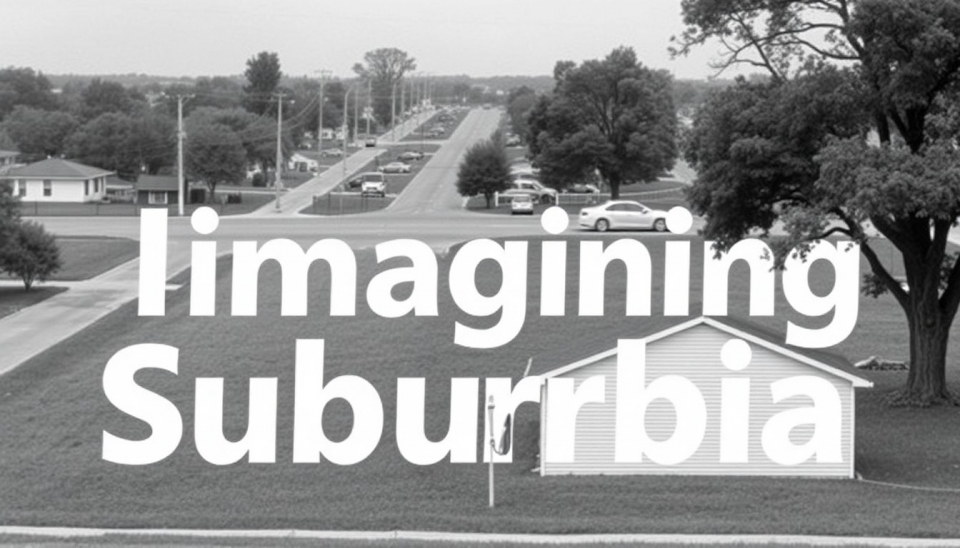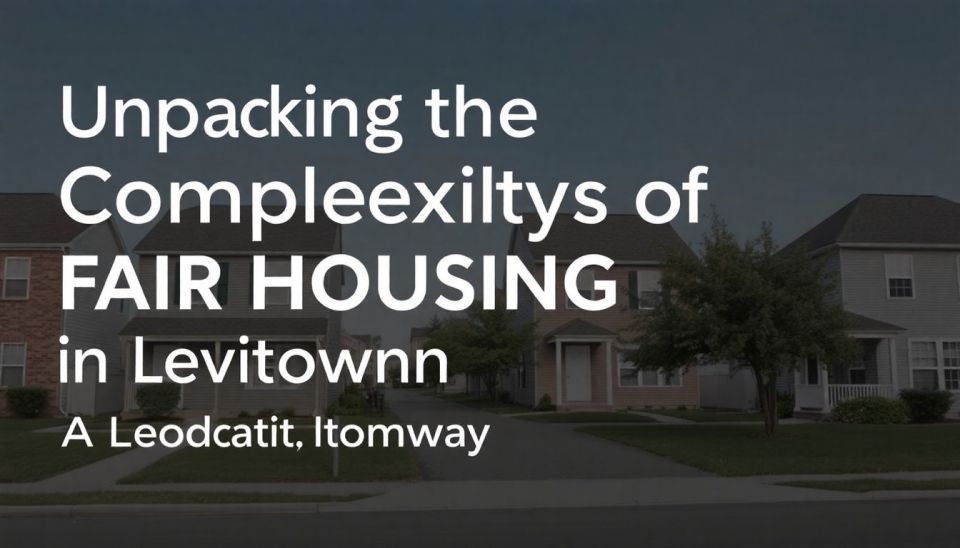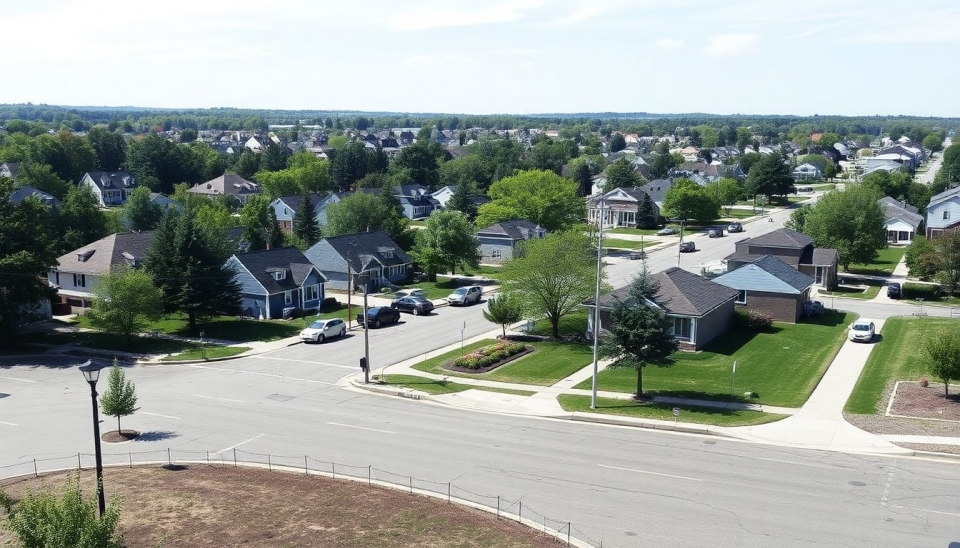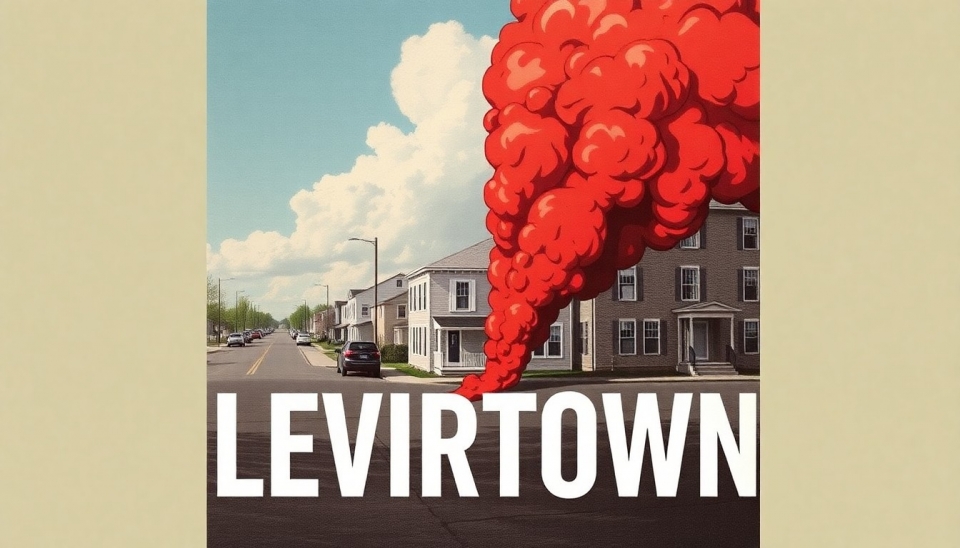
In the wake of increasing crime rates and a perceived failure of law enforcement in many communities, vigilantism seems to be on the rise in various parts of the United States. The Levittown case has now become a flashpoint in the discussion on whether individuals should take it upon themselves to maintain order in their neighborhoods. This issue was brought to light in the recent episode of the podcast 'The Vigilantes', which delves deep into the community dynamics and the motivations that drive people to take matters into their own hands.
Residents of Levittown, a suburban community that was constructed post-World War II, have found themselves grappling with fear and anxiety over local crime levels. What has followed is a burgeoning movement of self-appointed 'vigilantes' who advocate for a more proactive stance against potential threats. They organize patrols, set up neighborhood watch groups, and engage with local authorities to express their frustrations regarding safety concerns.
This situation raises important questions about the role of citizens in maintaining law and order. On one hand, proponents argue that vigilantism fosters a sense of community and encourages residents to look out for one another. They contend that when trust in police is eroded, relying on one another becomes essential. However, detractors warn that such acts risk inciting violence and could lead to an escalation of conflicts, particularly between community members and law enforcement agencies.
In the podcast, listeners are introduced to various individuals involved in these vigilante activities. Each participant shares their stories, revealing their fears and the events that pushed them towards taking action. Some speak to harrowing incidents of crime that left them feeling vulnerable, while others recount their struggles to engage with local law enforcement to address their concerns. Through these narratives, the podcast paints a vivid picture of a community at a crossroads.
Critics of vigilantism emphasize the legal and ethical ramifications of such behavior. There are serious concerns regarding the potential for abuse, especially when individuals take the law into their own hands without proper training or oversight. The episode highlights the delicate balance between seeking justice and fostering a culture of fear that can emerge when ordinary citizens assume roles reserved for trained law enforcement professionals.
The Levittown example serves as a microcosm for broader societal trends. It raises essential discussions about community responsibility, the effectiveness of law enforcement, and the boundaries of personal safety. As crime trends fluctuate and societal tensions rise, communities across the nation are having to confront similar dilemmas about where personal safety ends and vigilantism begins.
Ultimately, the ongoing dialogue surrounding the Levittown phenomenon reminds us that while the urge to protect one’s neighborhood is a natural instinct, it is critical to navigate the complex interplay of community engagement and the rule of law. Such conversations will likely shape the future of community relations and crime prevention strategies throughout the country.
To hear more about the Levittown story and other similar cases nationwide, check out the riveting episode of 'The Vigilantes' podcast.
#Levittown #Vigilantism #CommunitySafety #CrimePrevention #NeighborhoodWatch #LawAndOrder #SocietalTrends #PodcastRecommendation
Author: John Miller




